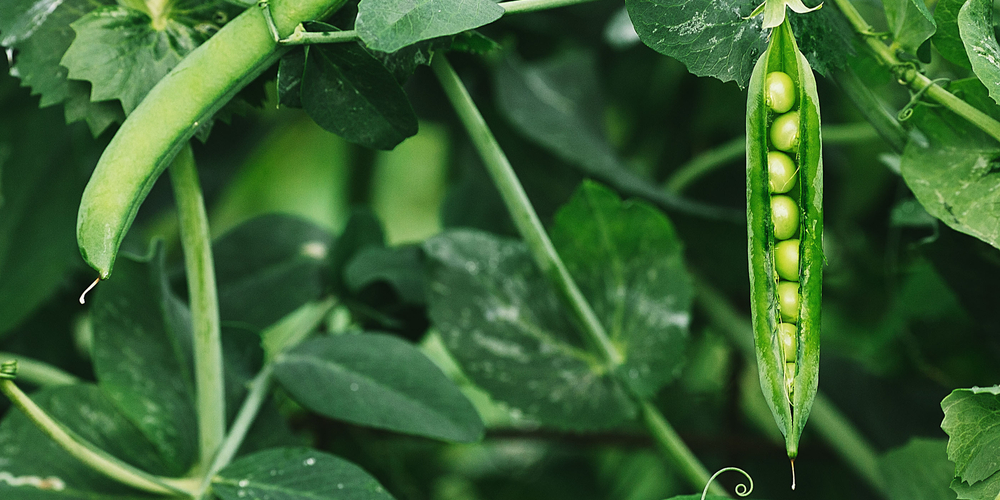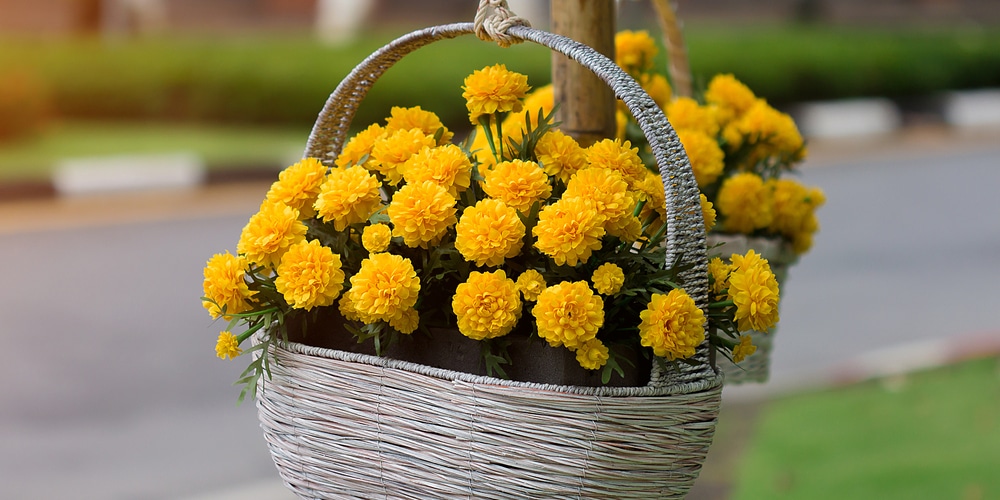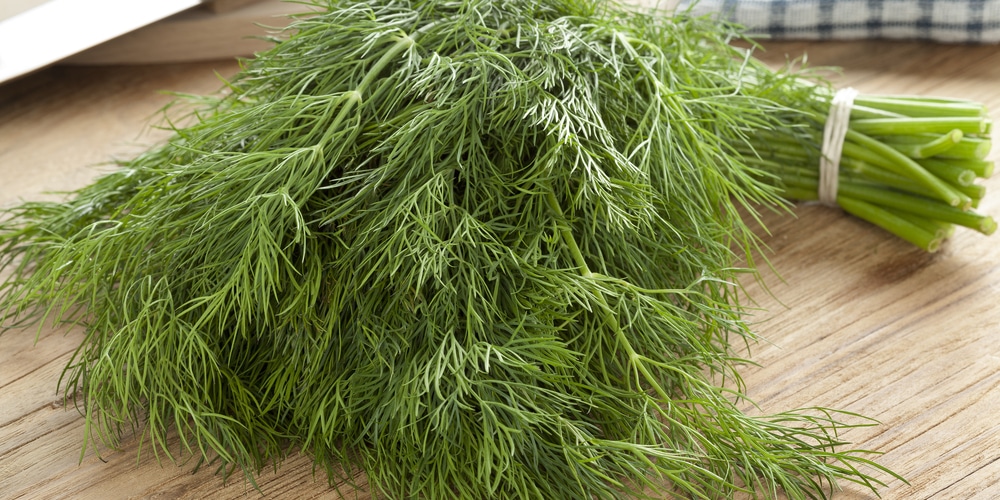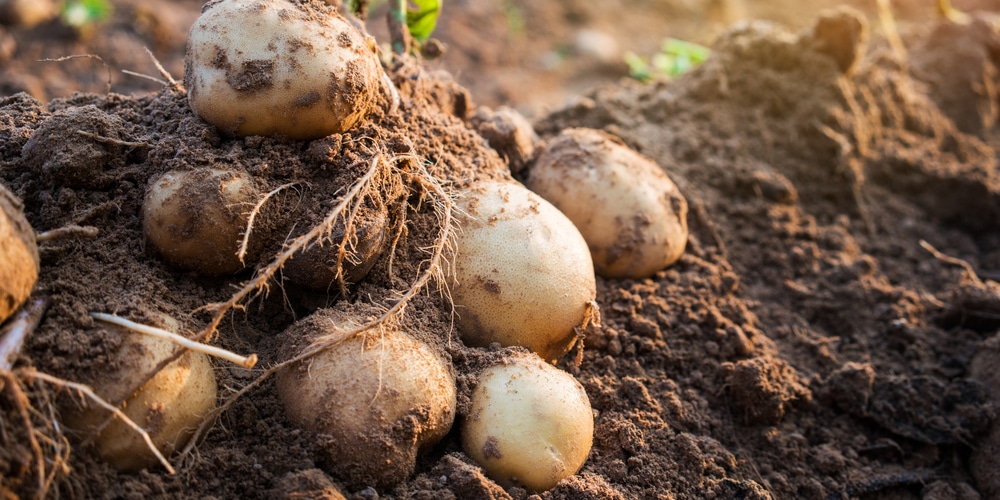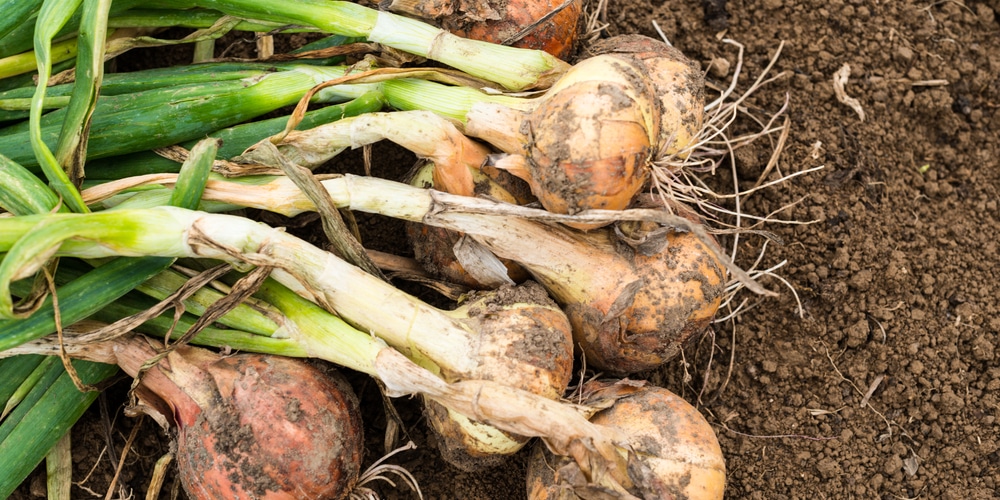Butternut squash is a winter squash that is part of the Cucurbitaceae family. Botanically, it is a fruit, but it is most often eaten as a vegetable. Butternut squash is a good fiber, vitamin A, and potassium source. It has a sweet, nutty flavor and can be used in various dishes. The plants grow on vines that can reach up to 15 feet long.
The vines need plenty of space, so it is essential to plant them in an area with room to grow. Butternut squash can be grown in various climates, but it does best in areas with warm summers and cool winters.
Butternut Squash Companion Plants
Companion planting is a gardening technique that involves planting two or more plants together to take advantage of their complementary characteristics. This technique has been performed for centuries and can be used to improve the yield and flavor of crops.
Butternut squash is a good companion plant for many other vegetables. Some plants that grow well with butternut squash include:
Tomatoes
Tomatoes and butternut squash is good companion for each other. Both plants have similar needs, and the vines will grow together, creating a support system. The tomatoes will benefit from the butternut squash’s added nutrients, while tomatoes will help deter pests from attacking the squash plants.
Legumes
Developed by indigenous people, companion planting has been used by the Incas to increase their crop yield. Legumes such as beans and peas have been found to be especially beneficial to squash plants. It releases good bacteria into the soil that helps fix nitrogen levels, making it more hospital for the butternut squash plants, while the squash provides a nice canopy for the beans to grow under, protecting them from the hot sun.
Marigolds
Marigolds are a good companion plant for many vegetables, but they are especially beneficial to squash plants. The flowers release a scent that deters pests from attacking the plants, such as aphids and nematodes. Marigolds also help attract beneficial insects, such as pollinators, which can help to increase the yield of the squash plants.
Dill
One of the most common challenges of growing butternut squash is that they are prone to bugs. Dill expels a strong odor that attracts ladybugs – one of the natural predators of squash bugs. Planting dill near your butternut squash plants can help to keep these pests at bay.
Herbs
Oregano, borage, and rosemary are all herbs that can be grown near your butternut squash plants. These herbs are well-known for helping attract bees and other beneficial insects to the garden. The bees will help to pollinate the squash plants, resulting in a larger harvest. Since pollination is one of the main concerns of growing butternut squash, adding these herbs to your garden can be a big help.
Related Atrticle: What Herbs Can Be Planted Together?
Avoid Planting These Near Your Butternut Squash
While some vegetables make great companion plants for butternut squash, there are also a few plants that you should avoid planting near your squash plants. These plants can negatively impact the growth and yield of your squash plants.
Potatoes
Potatoes and butternut squash should not be planted together. The potatoes will compete with the squash for nutrients in the soil, which can lead to a decrease in the yield of the squash plants.
Onions
Onions and butternut squash should not be planted together. The onions will stunt the growth of the squash plants and can cause them to bolt (flower prematurely). Additionally, onions may also disturb squash roots during harvest, making it difficult to get the entire onion bulb out of the ground.
Cole crops
Cole crops, such as broccoli and cauliflower, should not be planted near butternut squash. These plants release a gas that can inhibit the growth of the squash plants. Additionally, the stems of cole crops can damage the vines of the squash plants.
Important Things to Remember When Planting Butternut Squash in Your Garden
- Butternut squashes consume a lot of space, so giving them plenty of room to grow is vital.
- Butternut squash plants need plenty of water, especially when they are fruiting.
- The vines of a butternut squash plant can grow up to 15 feet long, so make sure you have enough space for them. Take this into account when planting it along with other plants in your garden.
- Ensure to provide a trellis or some other type of support for the vines to grow on. Butternut squash plants can be heavy and will need something to cling to as they grow.
Butternut Squash Companion Plants: Final Thoughts
By planting beneficial plants near your squash plants, you can help to deter pests, attract pollinators, and improve the growth and yield of your crop. Just make sure to avoid planting any vegetables that may have a negative impact on the squash plants. With a little bit of planning, you can create a flourishing garden that is full of healthy and delicious butternut squash.

